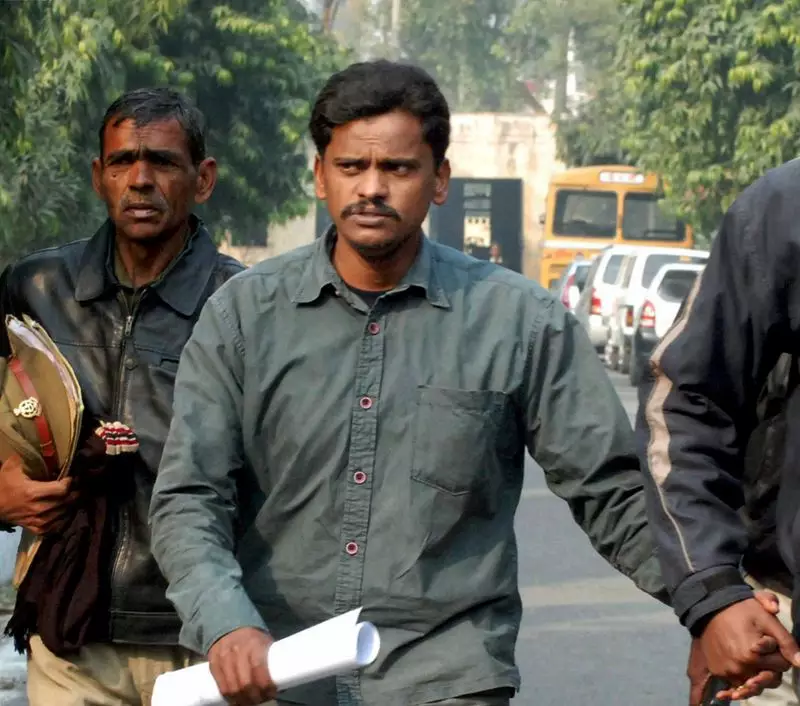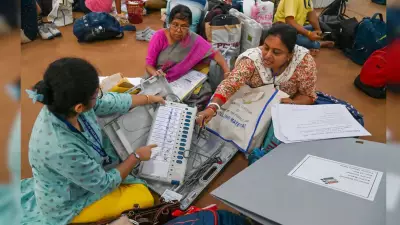
In a development that has reignited painful memories for the nation, Surinder Koli, the prime accused in the horrific Nithari serial killings that shook India's conscience, walked out of jail on Monday after nearly 16 years of imprisonment. The shocking case involved the brutal murder and dismemberment of at least 19 children and young women from Nithari village in Noida.
The Day of Release and Public Backlash
Surinder Koli was released from the Dasna jail in Ghaziabad on October 16, 2023, following an Allahabad High Court order that acquitted him in one of the key cases. The most striking aspect of his release was the complete absence of any family member or acquaintance to receive him outside the prison gates, highlighting the social ostracization faced by the convicted killer.
Jail officials confirmed that Koli left the facility alone, carrying his belongings in a simple plastic bag. His solitary departure stood in stark contrast to the media frenzy and public curiosity surrounding his release. The families of the victims expressed deep anguish and disappointment over the judicial process that led to his freedom.
Legal Twists and Turning Points
The legal journey of the Nithari case has been marked by numerous dramatic turns. Koli had been sentenced to death in multiple cases related to the murders that occurred between 2005 and 2006. However, recent developments saw the Allahabad High Court acquitting both Koli and his employer Moninder Singh Pandher in one of the cases, citing lack of conclusive evidence.
Legal experts point out that procedural lapses and investigative failures during the initial stages of the case ultimately weakened the prosecution's position. The investigation was widely criticized for its handling of evidence and delay in filing chargesheets, which created opportunities for defense lawyers to challenge the convictions.
While Koli has been released in this particular case, he remains implicated in several other connected matters. The legal battle is far from over, with authorities considering options for appeal in higher courts.
Nation Remembers the Horrific Crimes
The Nithari killings came to light in December 2006 when police discovered human remains from a drain behind Pandher's house in Noida's upscale Sector 31. The investigation revealed a pattern of missing children and young women from impoverished families in the neighboring Nithari village.
Koli, who worked as a domestic help for Pandher, confessed to multiple gruesome crimes including murder, cannibalism, and necrophilia. The case exposed glaring gaps in policing and administrative responsiveness, as numerous complaints from poor families about their missing children had been previously ignored by authorities.
The public outcry following the discoveries forced significant changes in police procedures for handling missing persons cases, particularly those involving vulnerable sections of society. However, for the families who lost their loved ones, the wounds remain fresh even after nearly two decades.
As Koli steps back into society, the nation grapples with complex questions about justice, legal reform, and the enduring trauma of one of independent India's most disturbing criminal cases. The empty space outside Dasna jail speaks volumes about society's verdict, even as the courts continue to deliberate on the technicalities of law.





